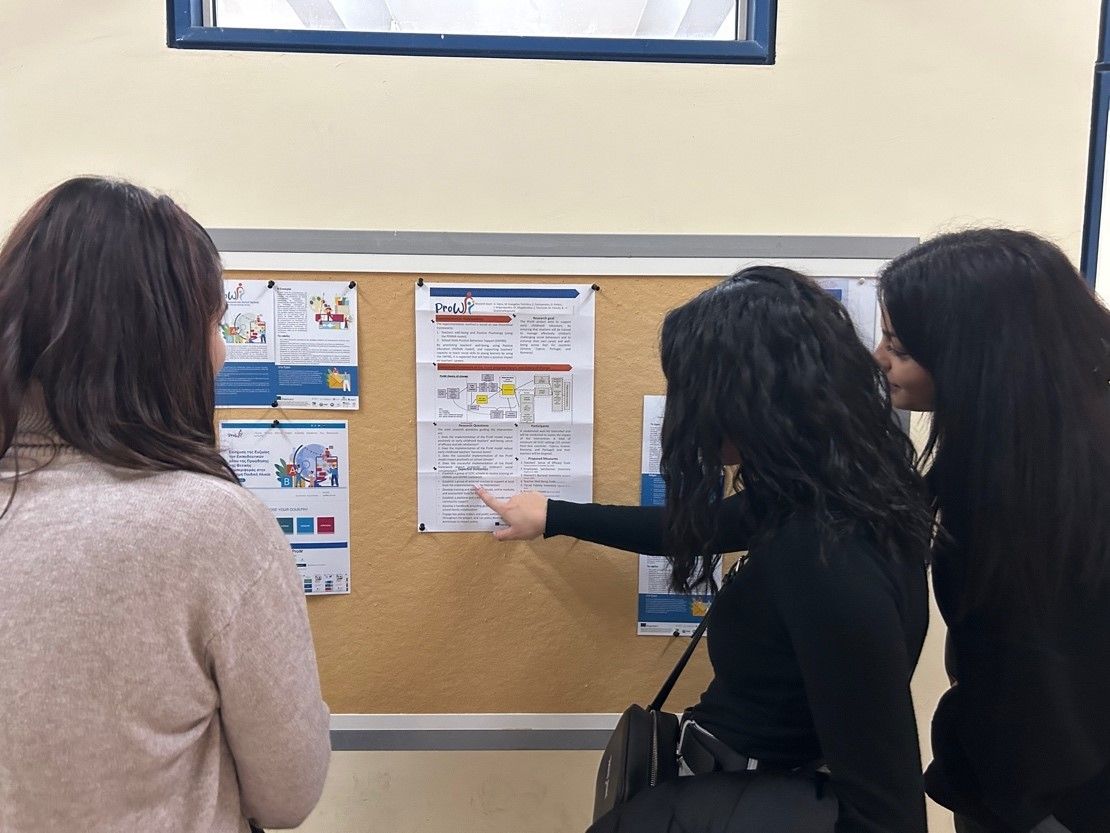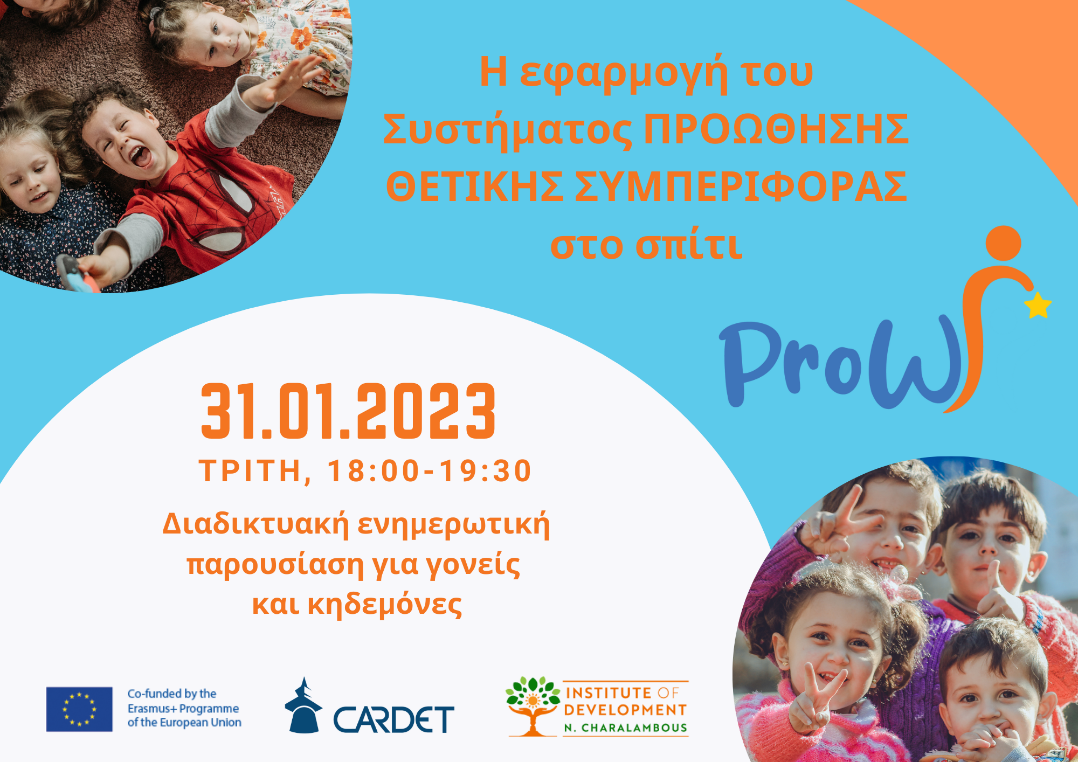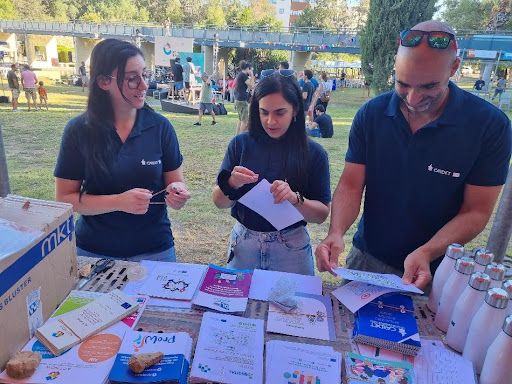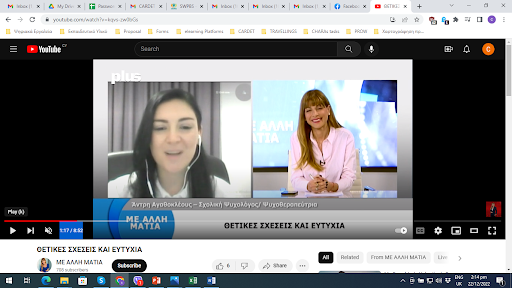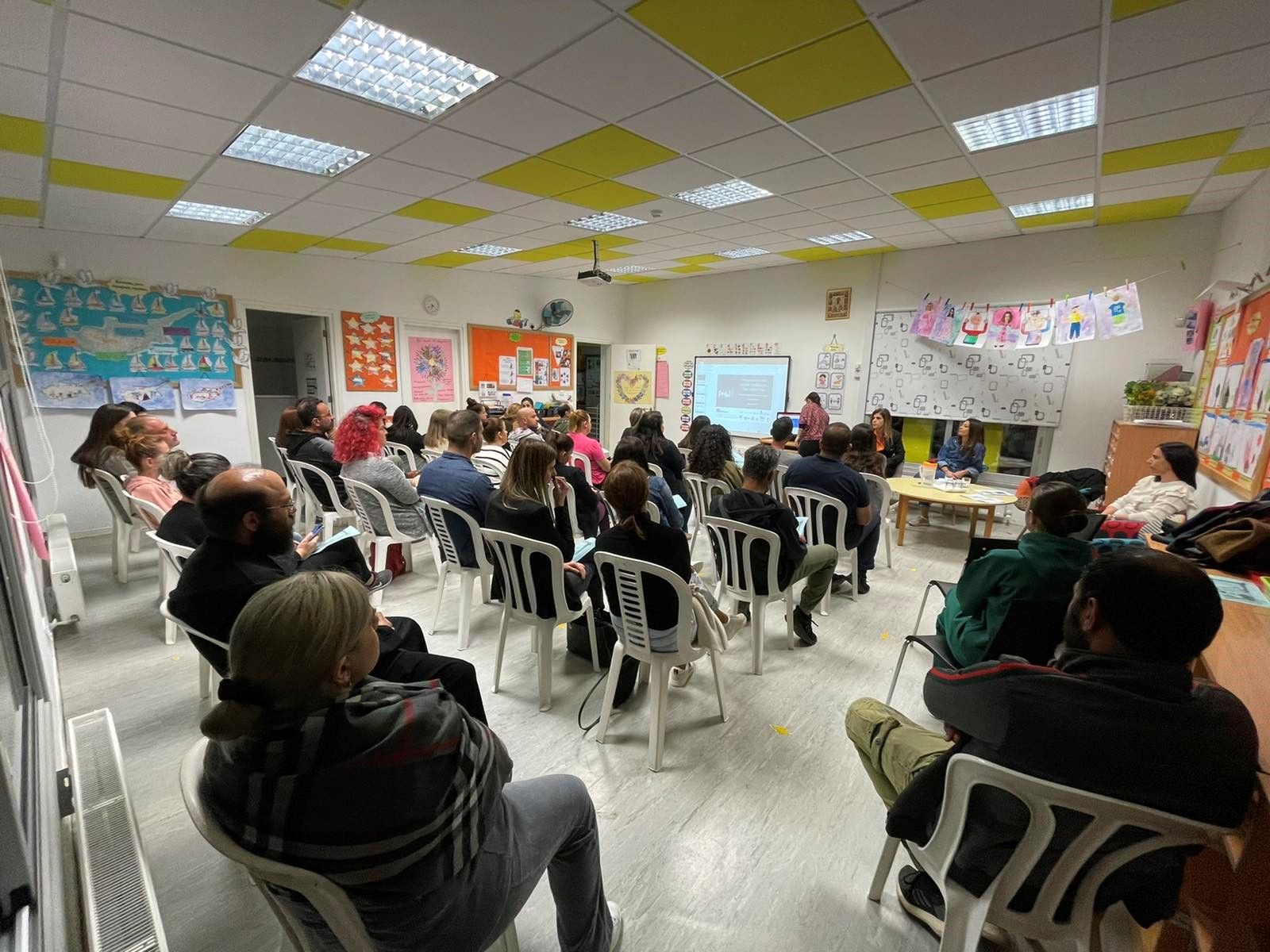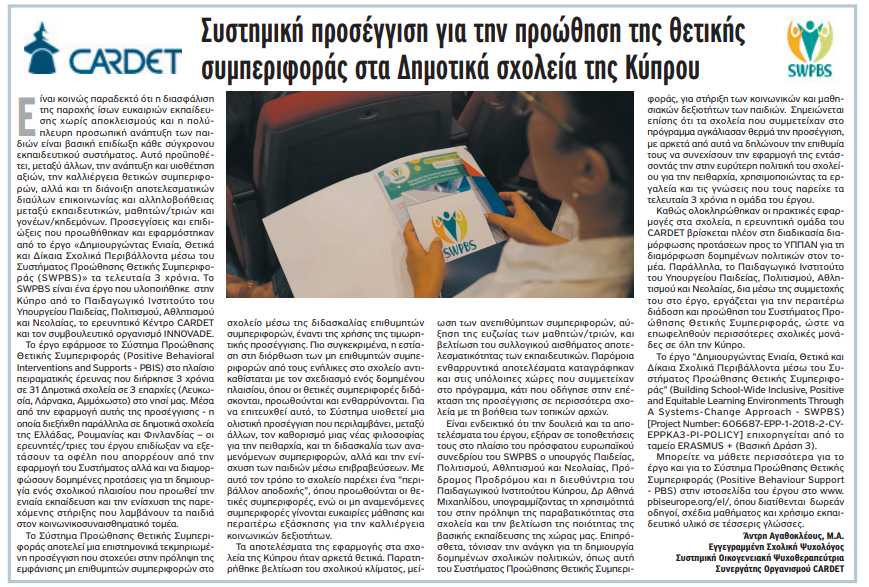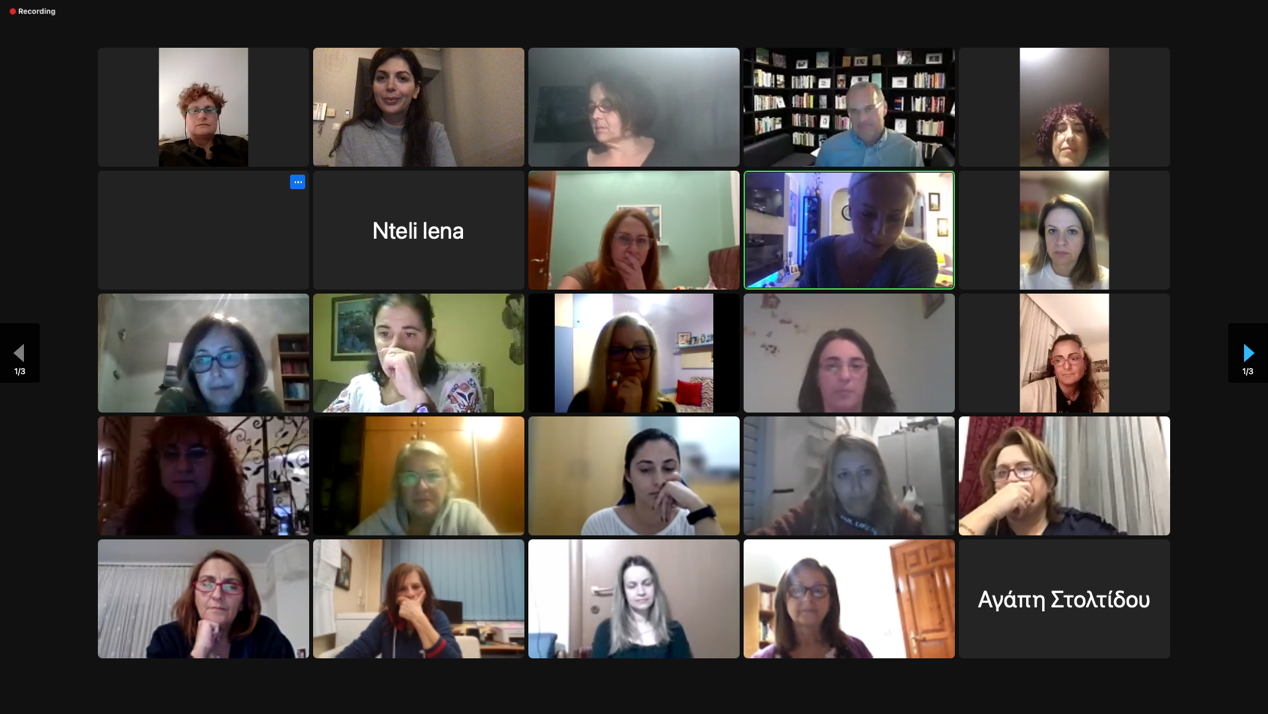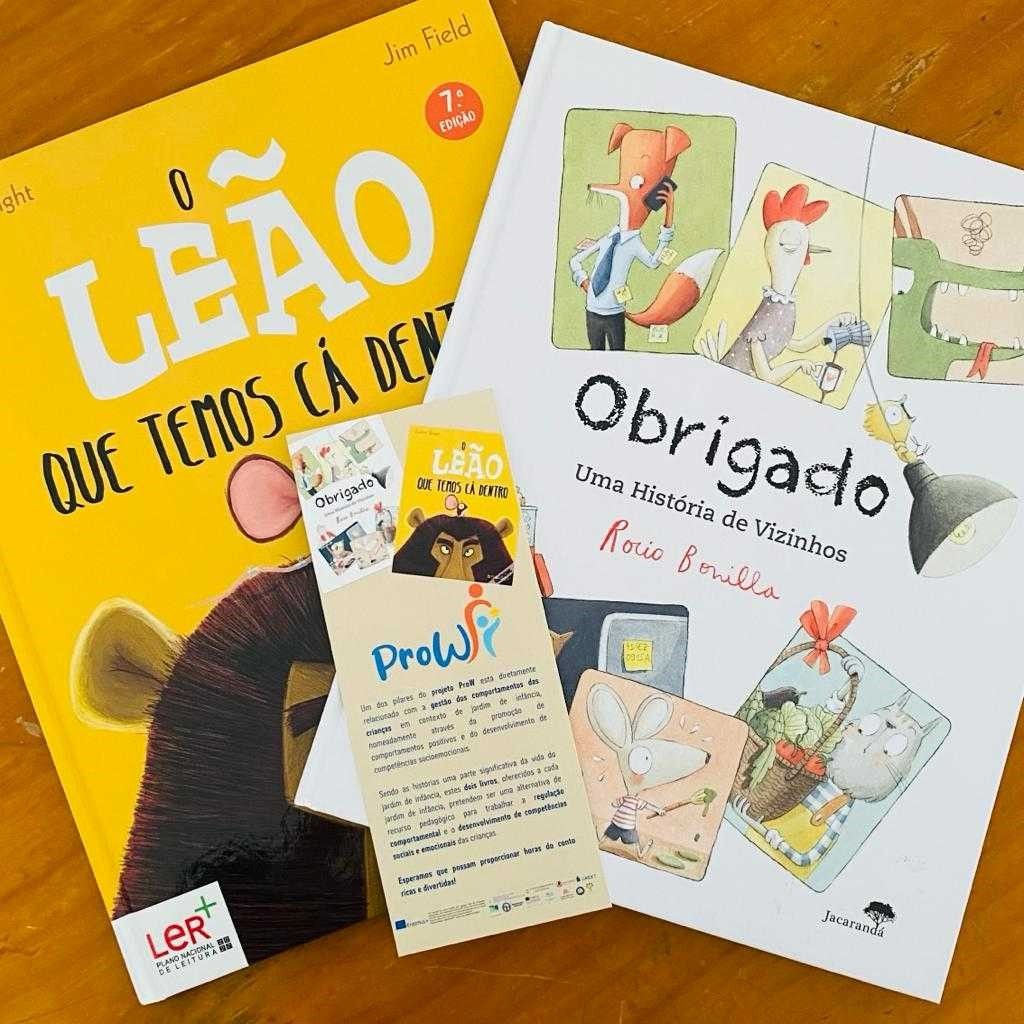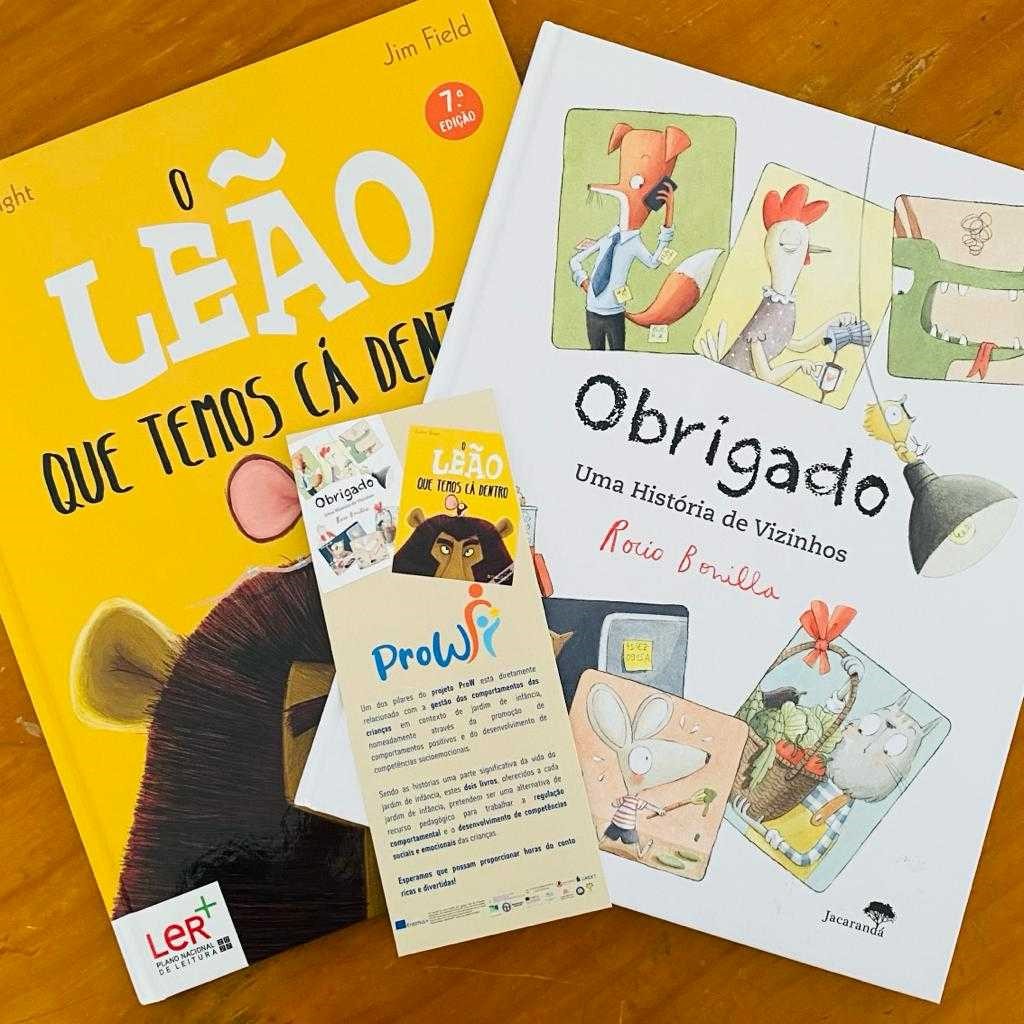The busyness that comes with starting the new school year can come as a shock to the system when you’re still in relaxed holiday mode.
Check out our 10 tips for surviving the shift, and for making your wellbeing a priority.
How to keep that relaxed holiday feeling
1. Reconnect to your purpose
Try to do one thing each week that reminds you why you became a teacher in the first place.
Get started: Use a teaching strategy that you and your students all enjoy to remind you of the difference you’re making in their lives.
2. Adopt a growth mindset in your teaching
There’s great value in trying new things and accepting mistakes as opportunities to learn. We could all do with a reminder of the power of ‘yet’. It can be helpful to see yourself as a learner (just like your students) and to spend time reflecting on new ideas, considering what you have learnt and acknowledging areas that you find challenging.
Get started: Check out Developing a Growth Mindset in Teachers and Staff.
3. Focus on kindness and gratitude
An act of appreciation or kindness produces positive emotions, stronger social connections and improved wellbeing. Consider simple ways you can build gratitude and kindness into your day. And the best thing? Kindness and gratitude are contagious, so imagine the benefit to your classroom!
Get started: Each night, recall three good things that have happened during the day. To make it easy to keep track, check out the Gratitude Journal app.
4. Create clear boundaries between home and school
Set a reasonable time for leaving school each day (and stick to it). Find ways to turn off your teacher mindset, so that you can relax when you get home.
Get started: Try developing an end-of-day ‘ritual’ to help you switch mindsets. It may include changing your clothes when you get home, heading out for an afternoon walk, or spending time with family and friends. In addition, try to limit the amount of school work you bring home.
5. Set up effective debriefing and mentoring structures
Teaching can be an emotionally taxing job that throws up many different challenges. Set up structures that help you to focus on solutions rather than problems. While a venting session may make you feel better in the short term, it doesn’t solve the problem and may make you feel stuck.
Get started: Consider using a debriefing structure to help manage your thinking about challenging situations. Or team up with a supportive colleague and set up a formal mentor relationship structure.
6. Establish good sleeping habits
Good-quality sleep is one of the most important aspects of maintaining your physical and psychological health. This can be a tough ask after the late nights and long sleep-ins you’ve probably indulged in during your holiday break!
Get started: Develop a regular bedtime routine, which may include taking a warm bath, reading quietly for a while or having a warm milk drink. Consider using a sleep app.
7. Build up your emotional resilience
Think of proactive ways to manage the stress in your life. Meet regularly with friends and family, spend time on hobbies you enjoy, read or watch things that make you laugh, and build into your daily routine proven stress-busting activities such as yoga, meditation or exercises that involve deep breathing.
Get started: There are lots of great (and free) apps to help you manage stress. These include the ReachOut Worrytime , ReachOut Breathe and Smiling Mind.
8. Keep focused on your goals
Setting goals is a great way to give you direction, focus and motivation. Try to ensure that all your goals are achievable, measurable and have an end point. It can be helpful to break a larger goal into more manageable sub-goals.
Get started: Think of something that, if you do it today, will make you feel satisfied and accomplished. Then do it!
9. Reward yourself
The improved physical and psychological health that comes from prioritising your wellbeing is a reward in itself, but there’s also value in using tangible rewards when you meet particular goals.
Get started: Consider simple and practical ways to reward yourself whenever you reach a goal or sub-goal: take a walk in nature, soak in a warm bath, cook your favourite dinner or indulge in a massage.
10. Build new connections and relationships
Building new relationships and connections is key to our wellbeing. Take the time to get to know the students, parents and staff members in your school community.
Get started: Consider ways to develop student-focused relationships. See Wellbeing Fives for some practical ways to do this[1].
Follow us online to keep up to date with the evolution of the activities of the Romanian research team: https://prowproject.eu/el/news/
Follow us on our social media to stay updated:
[1] Professor Kinman, Gail. “Teacher wellbeing: how to mentally prepare for a new school year”. The Guardian. 20th August 2014
